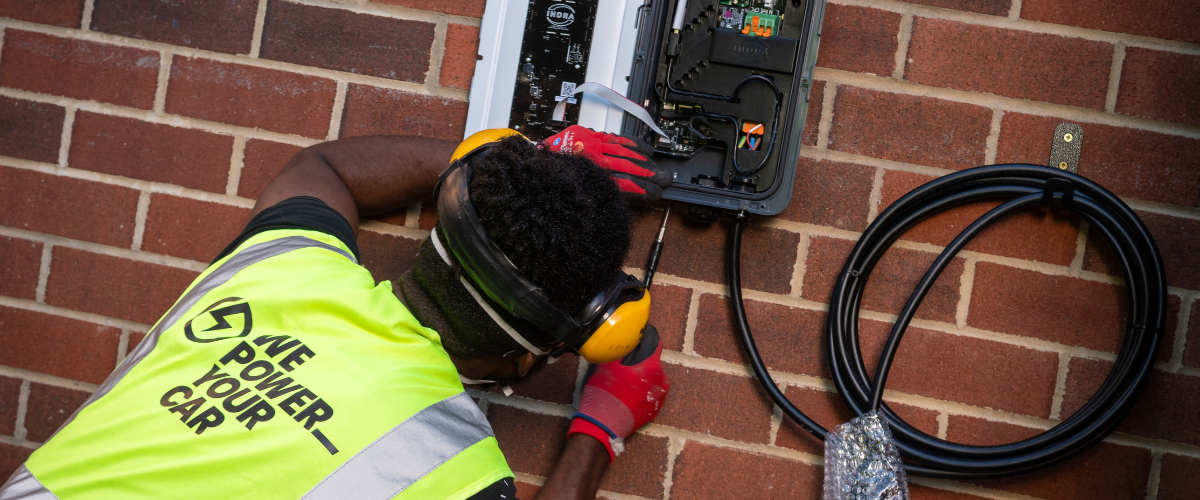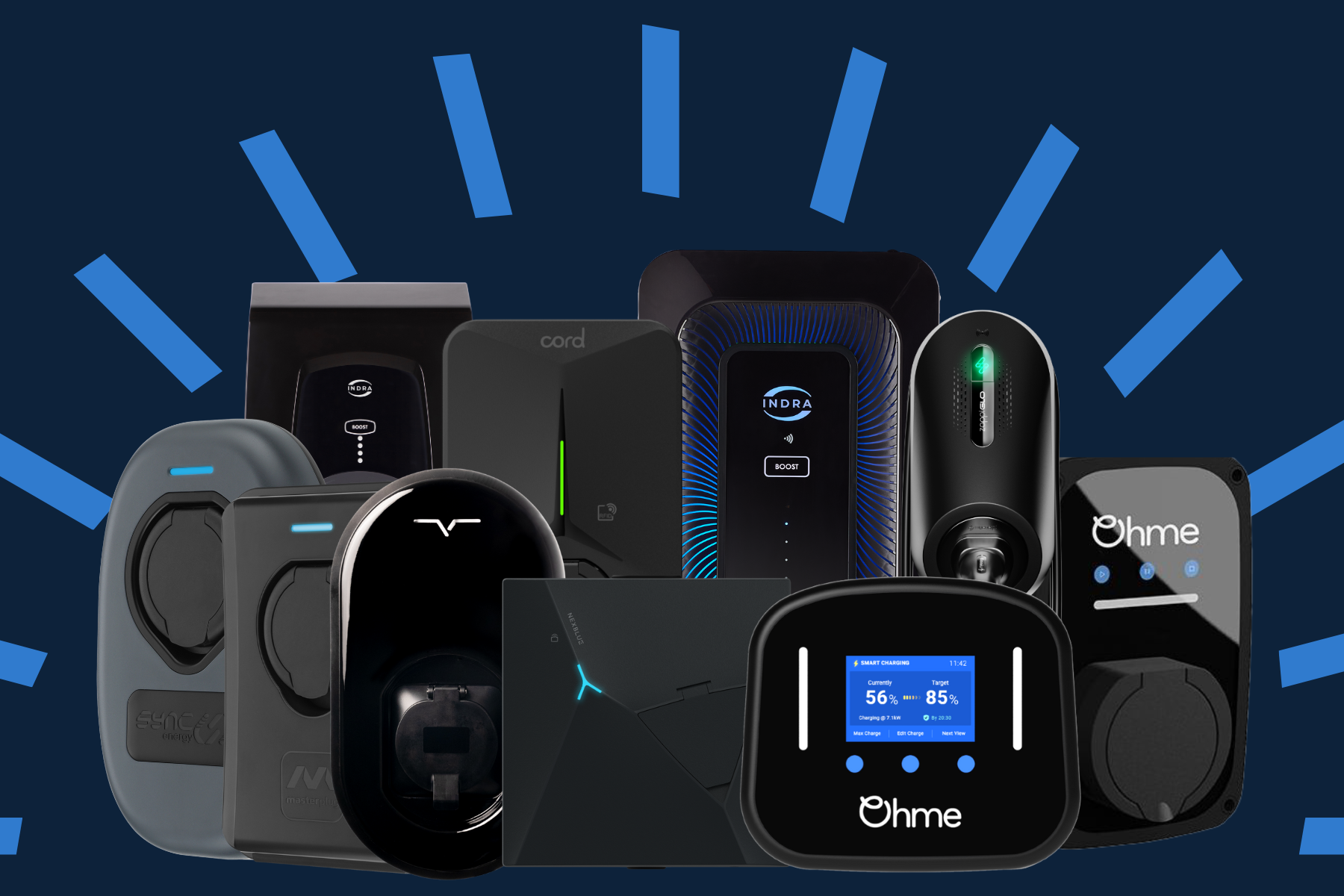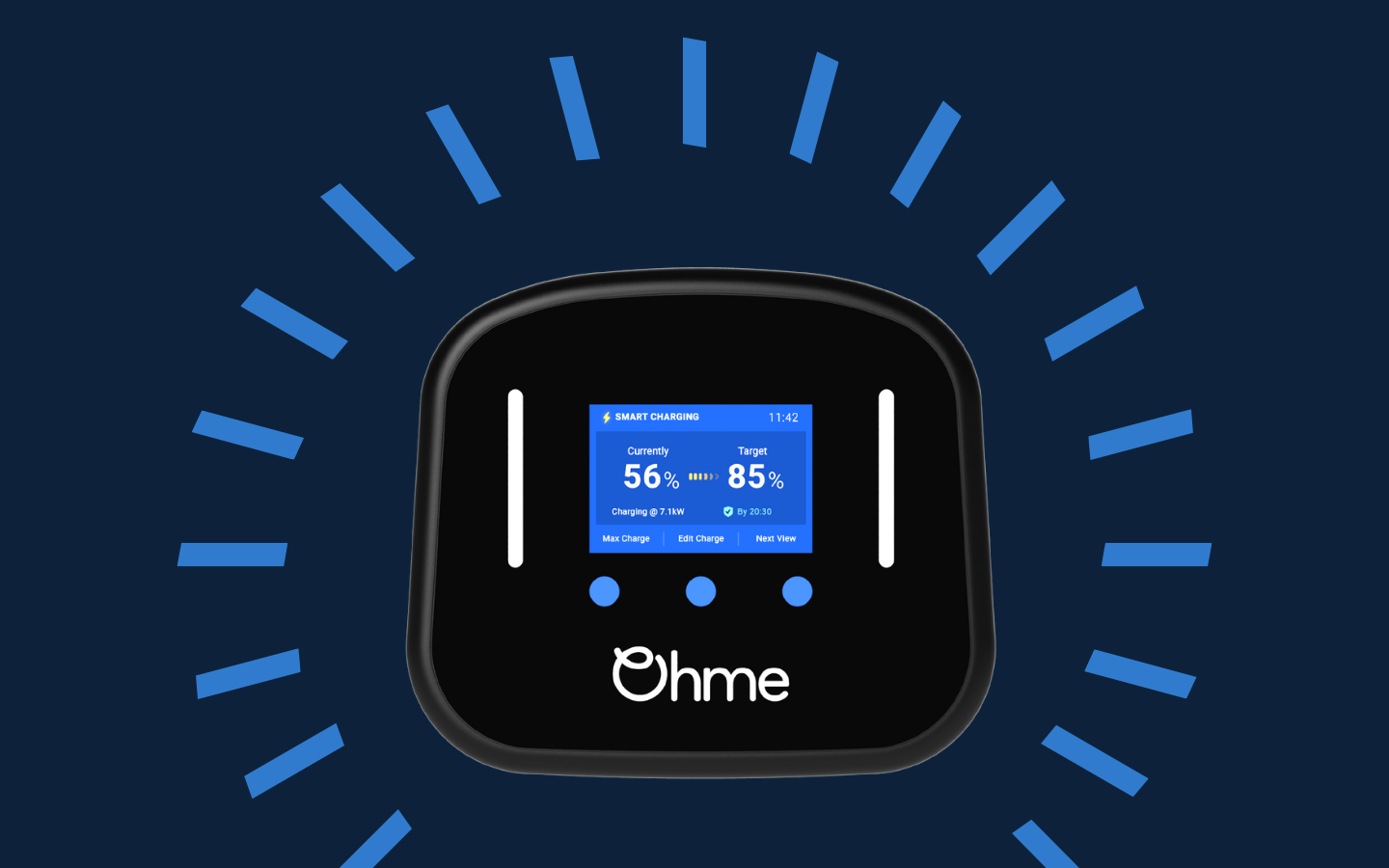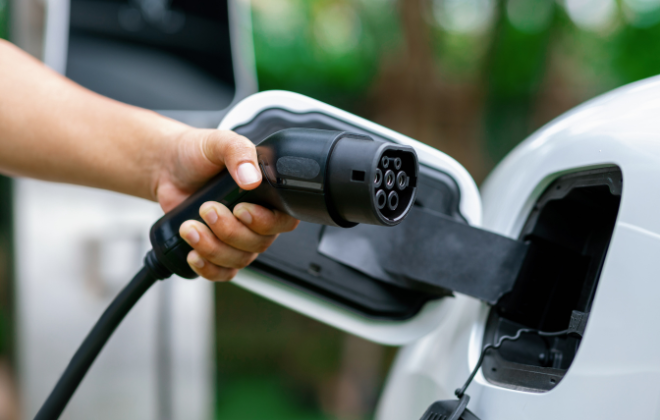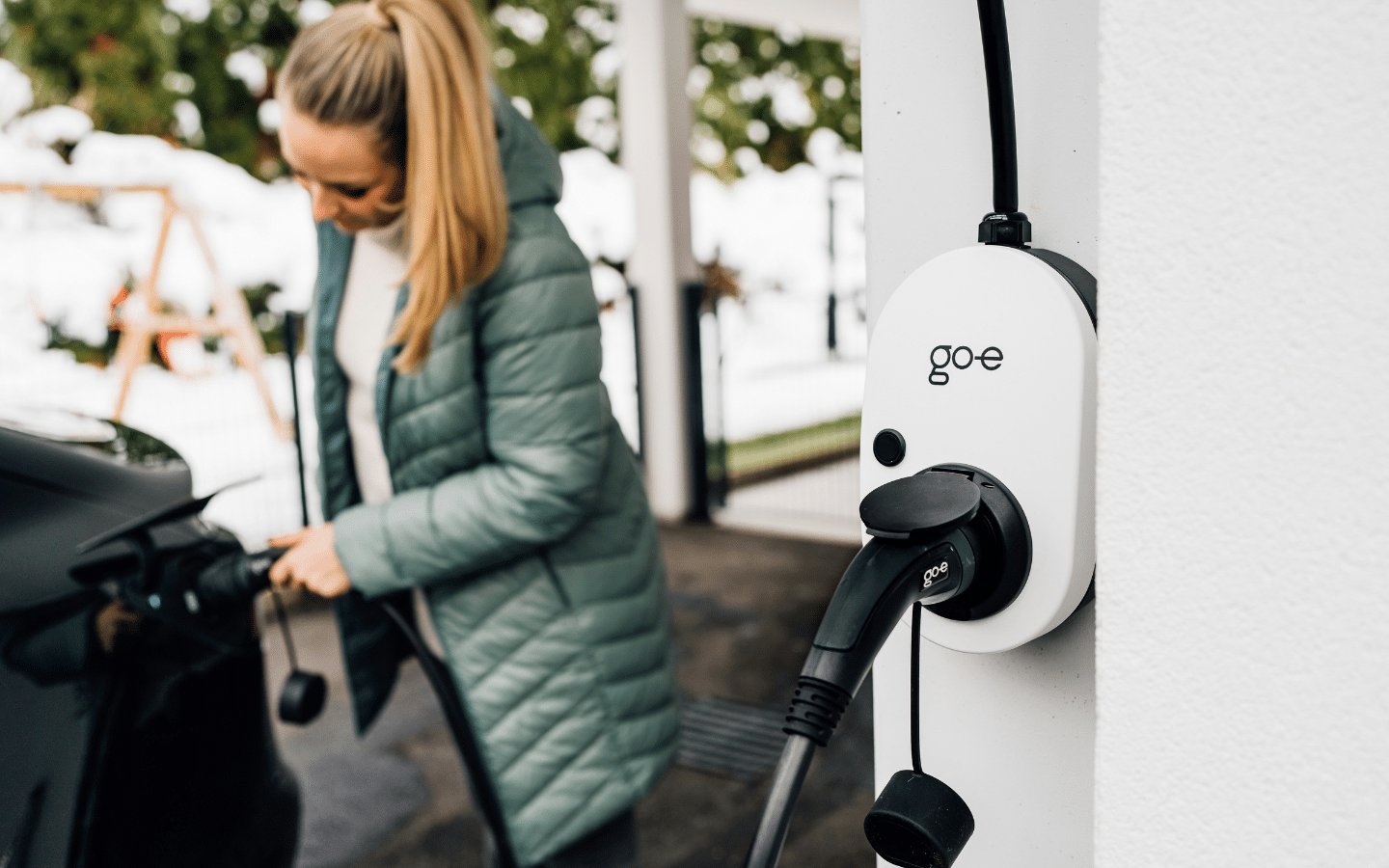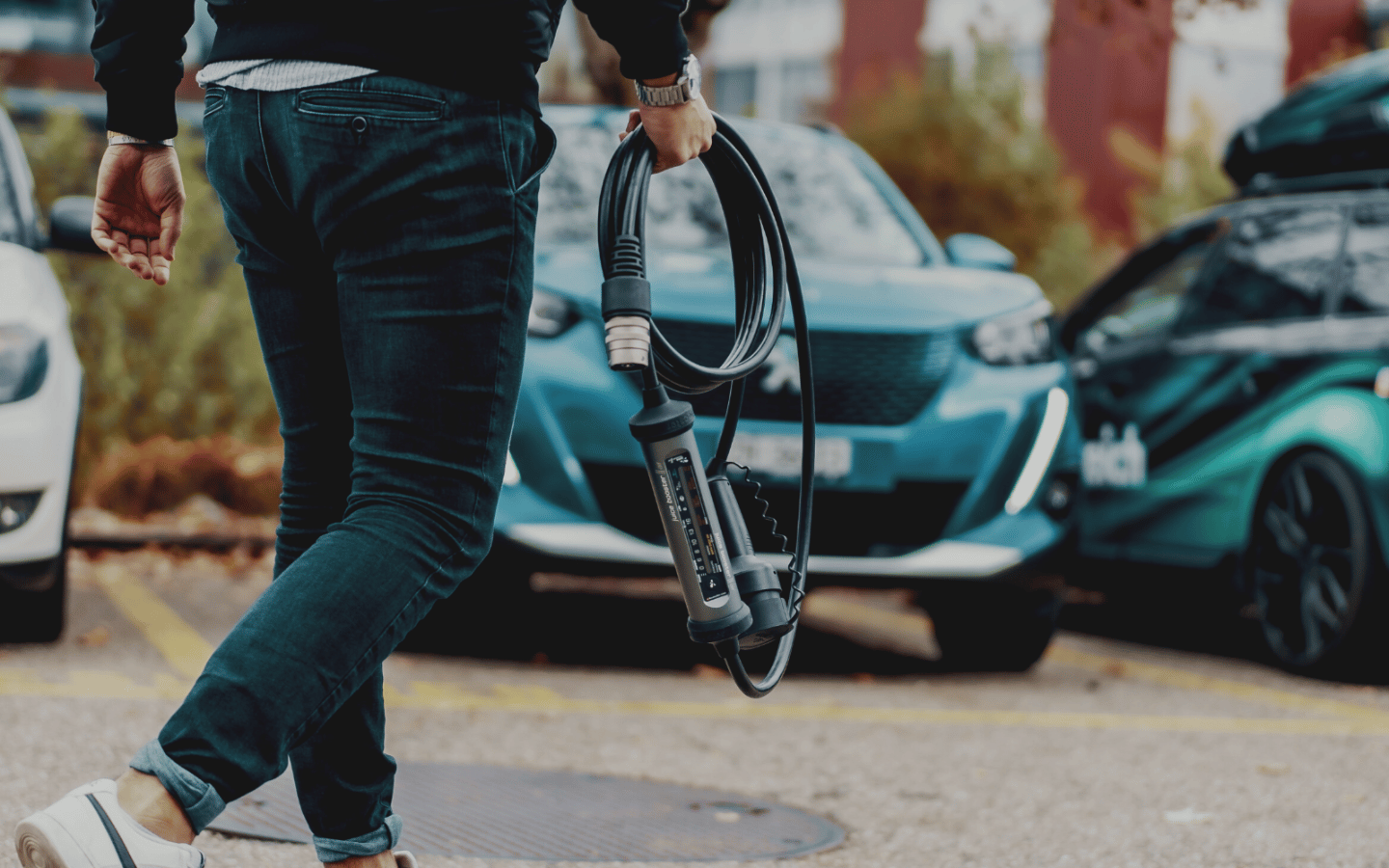

How do I protect my EV charging cable from theft?
With over 1,850,000 electric cars on UK roads, it’s clear: the future is electric. But with new tech comes new worries. One, gaining significant note in the press, is the rise in the theft of charging cables from public charging stations and even, on occasion, from EV chargers installed at home.
Naturally, cable theft is becoming a cause for concern for EV owners, as not only do stolen charging cables cost money to replace, but missing cables disrupt their ability to charge their ever-important vehicles.
But don’t fret. Today, we will discuss some practical tips and strategies to protect your electric car charging cable from theft, both at home and away.
Let’s get plugged in.
Quick summary:
- Overall, there are many ways to protect your electric car charging cable from thieves. Try not to worry. While the press pushes the narrative that it’s common, it’s more of a once in a blue moon occurrence.
- When using a public EV charge point, follow these steps to prevent cable theft: don’t leave the car unoccupied, use a regular padlock, and install a dashcam.
- Alternatively, to protect your EV charging cable from theft when charging at home, use one or more of the following: charge in your garage, charge your car away from street view, install CCTV, opt for a tethered home EV charger, and invest in a smart socketed charger with a cable lock feature.
Why do electric car charging cables get stolen?
In short, EV charging cables are being targeted by thieves who sell the copper content for scrap or list the cables on the second-hand market through platforms such as eBay or Facebook Marketplace.
Electric car manufacturers are aware of the risk of charging cable theft, and most EVs have locking mechanisms to secure the charging cable while the vehicle is charging unattended. However, these mechanisms are not always foolproof.
As such, electric vehicle drivers have been looking for additional methods to prevent their charging cables from being stolen.
Protecting your EV charging cable when using a public charge point
Unfortunately, charging your electric car using a public charging point makes you more susceptible to charging cable theft, as your cable is more visible to prying eyes. Especially when you nip into your local supermarket or stop to get a coffee.
Here are some tips to prevent your cable from being stolen when using a public charging point.
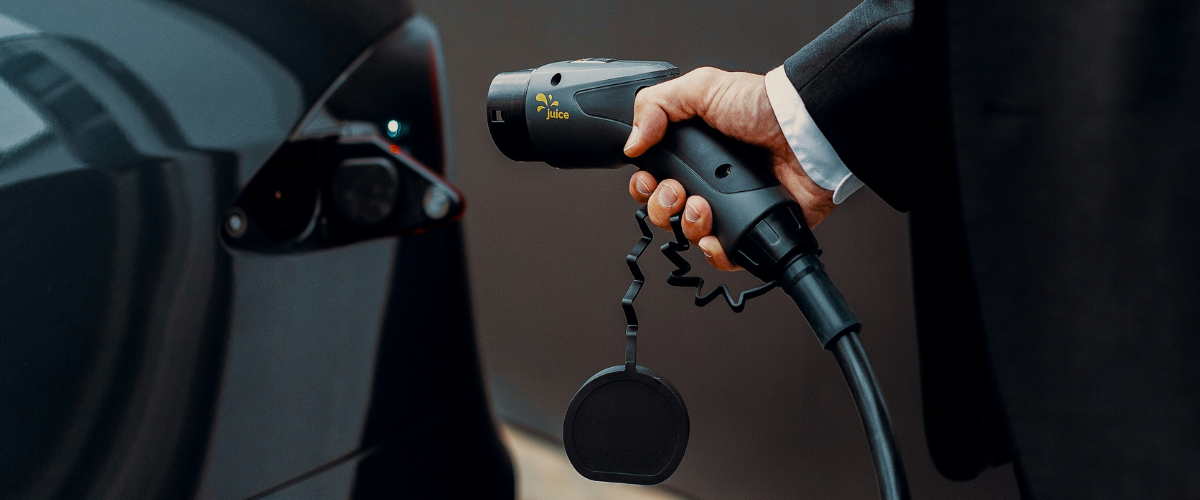
1. Don’t leave your electric car unoccupied
This tip may seem like common sense, but it’s worth including. If you’re one to worry, we advise remaining near or inside your EV when charging in a public area instead of leaving your EV unattended.
By keeping a watchful eye on both the vehicle and the cable, you can quickly identify any potential thieves. And you deter cable cutters by being in sight.
That being said, we know it’s not always possible or preferable for you to be in range of your EV, as public EV charging can take hours if you are using a 7kW or 22kW charger. But for those twenty-minute ultra-rapid charging station trips, sit back and relax inside your cabin.
2. Use a regular padlock
Securing your charging cable can be achieved in various ways using a regular padlock, which is an affordable, fast, and straightforward solution.
Some EVs have a specific loop designed for securing the cable to the car using a small padlock. For example, on the Nissan Leaf, this loop is located on the panel above the charging port.
Alternatively, you can loop the cable through the spokes of one of the car wheels and secure it with a padlock.
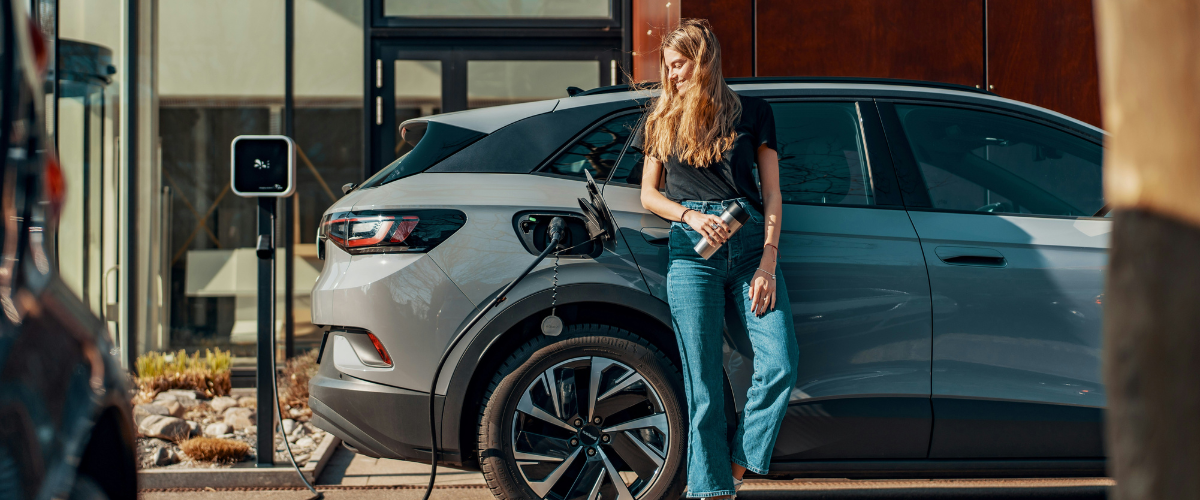
3. Install a dashcam
Although dashcams cannot prevent EV cable theft in public charging stations, installing front and rear dashcams can potentially deter potential thieves from stealing your cable.
Many dashcams automatically turn off when the car is not in use to avoid draining the battery, but some models come with a “parking mode” feature that activates recording when motion is detected.
If a thief persists, having clear footage from your dashcam can provide valuable evidence to the police.
Protect your electric charging cable from thieves when you charge at home
Charging your electric vehicle at home is a great way to minimise the likelihood of your EV cable being stolen. However, it’s not a definite solution.
Following the next few tips, you can offer additional protection for your electric car charging cable.
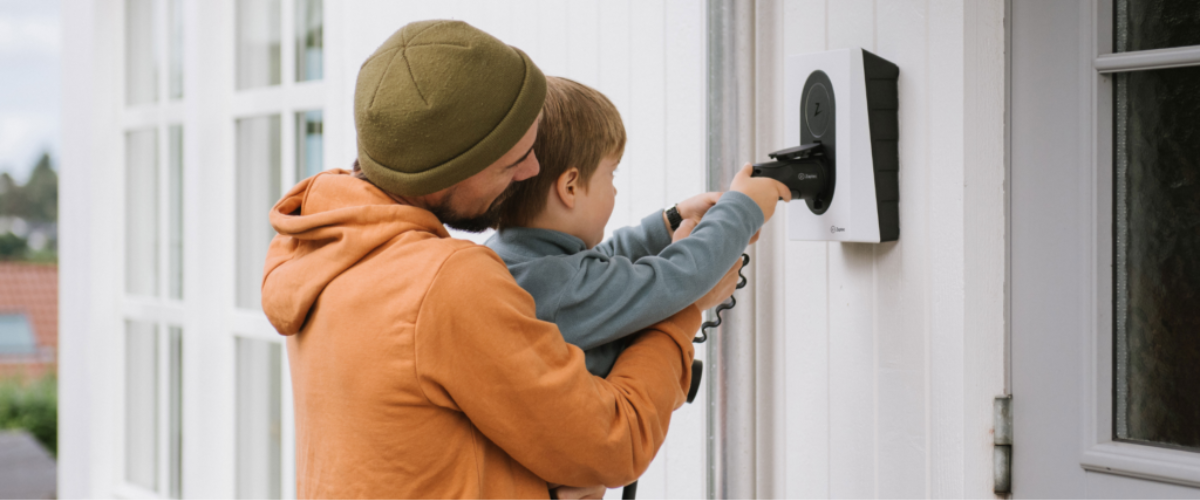
1. Charge in your garage
Charging an electric vehicle in a garage provides additional protection from EV charging cable theft because the car and the charging cable are kept out of sight from potential thieves. Especially as the garage will be locked, making it more difficult for thieves to access the vehicle and its cable.
However, to charge your electric vehicle in your garage, you need to have a dedicated home EV charger installed in this location.
2. Charge your car away from street view
If you do not have a garage, charging your electric vehicle away from street view is another way to minimise EV charging cable theft risk.
Charging your electric car away from street view provides extra protection from EV charging cable theft, making it harder for potential thieves to identify the vehicle and its cable.
When parked in a location with lower visibility, it becomes more difficult for thieves to monitor and assess the situation, making it less likely that they will attempt to steal the cable.
This can be further enhanced by parking in well-lit areas, which can deter thieves as they are more likely to be noticed by passers-by or caught on camera.
3. Install CCTV
Installing CCTV provides an extra layer of protection against EV charging cable theft as it can be a visual deterrent to potential thieves.
If a thief sees a camera, they may be less likely to attempt to steal the cable.
Furthermore, if a theft does occur, CCTV footage can provide valuable evidence for the police to identify and prosecute the perpetrator. This evidence can also be used for insurance claims and to increase security measures in the future.
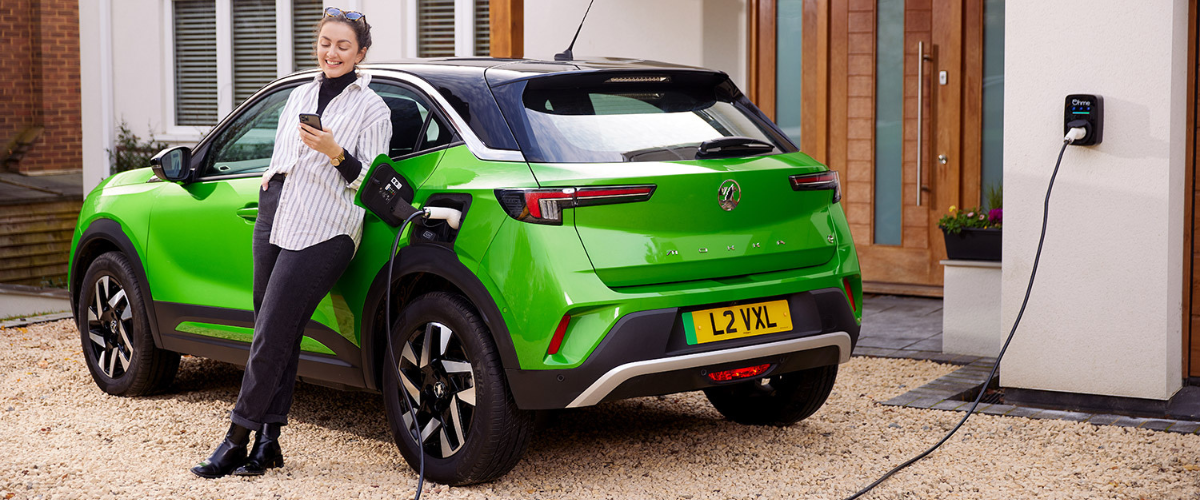
4. Opt for a tethered home EV charger
There are two types of home EV chargers, tethered and socketed. A tethered charger is a unit that has a charging cable permanently attached to it. An untethered electric car charger is when the charging cable is not permanently attached. Instead, you plug in the charging cable included with your vehicle to the charging unit when you need to charge.
Using a tethered EV charger provides extra security against cable theft as the cable is permanently attached to the charger unit, making it more difficult for thieves to remove.
5. Invest in a smart socketed charger with a cable-locking system
Several home EV chargers available on the market are socketed models with a cable lock feature, allowing users to lock their charging cable into place using a smartphone app.
This feature allows the charger to function as a tethered model while in use, with the option to securely attach the charging cable to the charging unit, making it very difficult for thieves to remove.
When not in use, the electric car charger can revert to a socketed model, as the cable can be removed and stored safely to prevent theft.
A socketed charger with a cable lock feature, such as the VCHRGD Seven Pro, is a great option to prevent theft of your cable, as you can lock it in place when using it but remove and safely store the cable when it’s not in use.
Different EV chargers offer different methods of protection, too. For example, you can lock the buttons on your Ohme Home Pro from unwanted use, and approve each EV charging session on the app.
Tip to avoid – parking on the cable
Some sources state that parking your EV on the charging cable is an excellent way to prevent it from being stolen, as it secures your cable to the ground so it cannot be taken. However, this is not a recommended method and doing so can cause serious damage to your cable. A vehicle parked on top of the cable can put excessive pressure on it, causing it to kink, crack or break.
If you prefer to watch than read, check out our video on this topic.
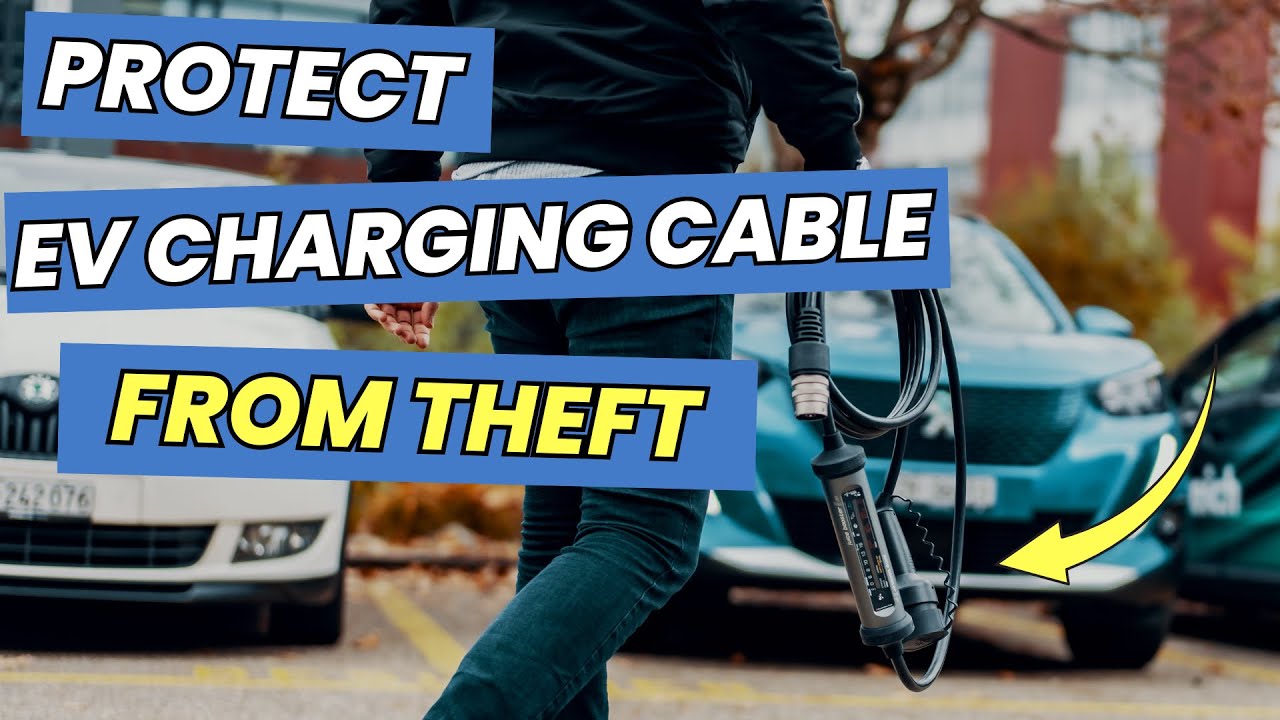
Conclusion
In conclusion, EV charging cable theft is a frustrating experience and an expensive problem for electric vehicle owners. But never fear, there are several simple ways to protect your charging cable from theft. By following simple measures like charging in secure locations, using padlocks, and investing in smart chargers with a cable-locking system, you can reduce the risk of theft and increase the safety and security of your EV charging experience.
Implementing these precautions means you can rest assured that your charging cable is safe and secure, allowing you to enjoy the many benefits of driving an electric vehicle with peace of mind.
Charging your electric vehicle at home, as stated, is an excellent way to reduce the likelihood of your EV charging cable being stolen.
Ready to install an EV charger with a cable lock system?
Trust We Power Your Car. With over 2,000 Trustpilot reviews and a rating of 4.9, you get peace of mind knowing that your EV charger installation is of the highest quality. Safe, clean and secure – always.
If you are looking to get an EV charger installed at your home, browse our range of EV chargers, click below to get your free quote, or contact us for more information or any queries you may have. Alternatively, explore our full guide to home EV charger installation.
For more information and our latest updates, follow us on Facebook, Instagram, Twitter, LinkedIn and YouTube.
